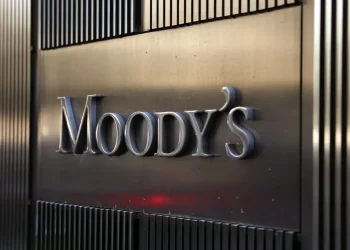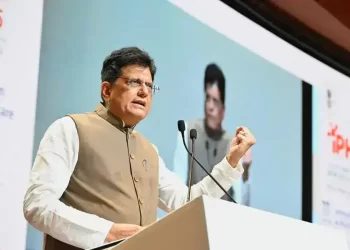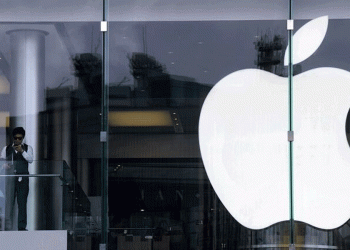WASHINGTON (news agencies) — “Electric.” “Joyful.”
The kinetic energy powering Kamala Harris ’ whirlwind presidential campaign carries the hopeful aspirations of history and the almost quaint idea of electing the first woman to the White House. But inside it, too, is the urgent and determined refusal of many Democratic female voters to accept the alternative — again.
“Serious.” “Unapologetic.”
Listen to the women cheering “We’re not going back!” at the Harris campaign rallies. See them singing along during the dance party roll call at the Democratic National Convention in Chicago. Understand the mothers and daughters and sorority sisters and, yes, the men, brothers and boys who have watched and waited and winced as the country tried eight years ago to break the glass ceiling — and failed.
“Overdue.”
This time, this year, facing Donald Trump again, a certain and influential swath of the electorate is not messing around. “It’s our time,” said Denise Delegol, 60, a retired postal worker from West Bloomfield Township, Michigan.
The promise of a Harris presidency is shaking a sizable segment of the nation out of a political funk, reviving the idea of a milestone election and an alternative to repeating the Trump era. It’s putting the country on the cusp of what Michelle Obama, in her convention speech to Democrats, called a “brighter day.”
Once President Joe Biden bowed out of the race and embraced his vice president at the top of the ticket, some found hope where before they had felt mostly dread.
“Overnight it went from doom-scrolling to hope-scrolling,” said Lisa Hansen of Wisconsin, who led an early Trump resistance group in 2017 as her first foray into political activism.
Lori Goldman of Michigan, who founded Fems for Dems to elect Hillary Clinton two presidents ago, said, “I’m too old to not ever have seen a president that’s female in the United States.” She’s 65.
And Shannon Nash, an attorney from California and, like Harris, a fellow member of the historic Alpha Kappa Alpha Sorority Inc., said from the convention hall Thursday night, “The joy is coming back to politics.”
Women have been here before, in 2016, when they donned matching pantsuits, poured champagne and settled in on election night, some with friends and daughters by their side, expecting Clinton to win the White House only to be shaken by Trump’s victory.
As one woman said at the time, she threw up the next morning.
To be sure, some voters had a different first female president in mind. Nikki Haley lifted Republican hopes during the GOP primary, but her moment faded after rival Trump branded his former ambassador to the United Nations “birdbrain.”
Lisa Watts, a retired business owner from Hickory, North Carolina, who was attending her fifth Trump rally this week, had little interest in Harris. “I don’t think that her record proves that she is ready to run this country,” Watts said.
The thousands of women who pack Trump rallies, and tens of millions more who are expected to cast ballots for him in November, are participating on the other side of the potential history-making.
The former president, convicted in a hush-money case and still facing a pending federal indictment for conspiring to overturn the 2020 election ahead of the Jan. 6, 2021, Capitol attack, would become the first felon to win the White House.
Republican National Committee co-chair Lara Trump rejected as “insulting” the idea that Americans should vote for a woman for president because it would make history.
“If you ever give me a job because … of the fact that I’m a woman and not based on any merit or qualification, guess what? I’m turning that job down all day long,” the former president’s daughter-in-law said on her podcast in July.
For those voting for Harris, this election feels more joyful, but also more necessary and urgent.









